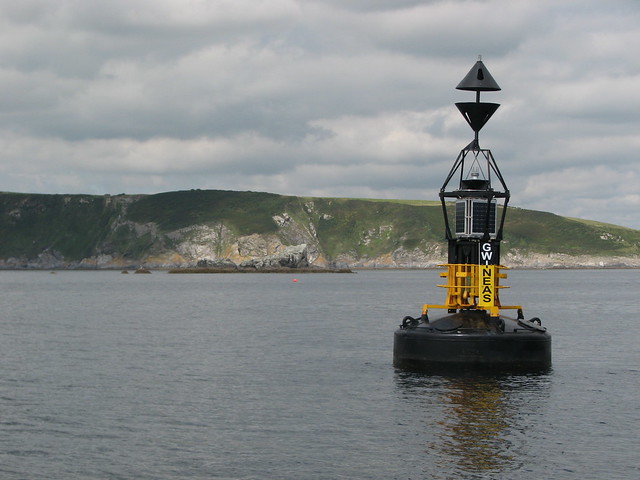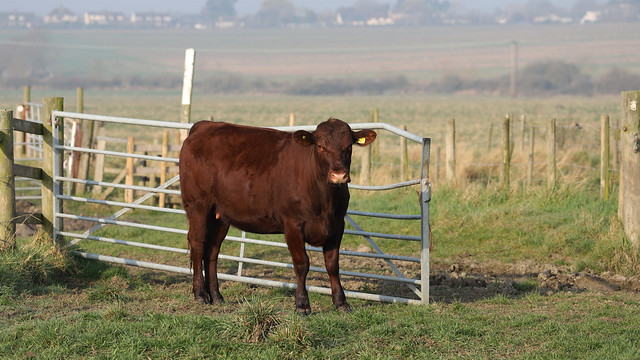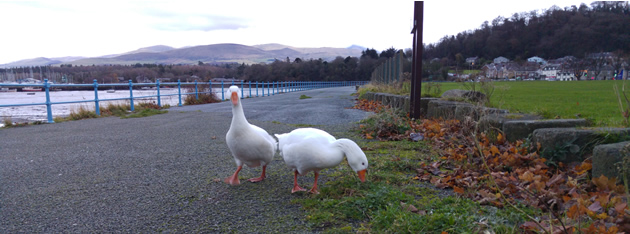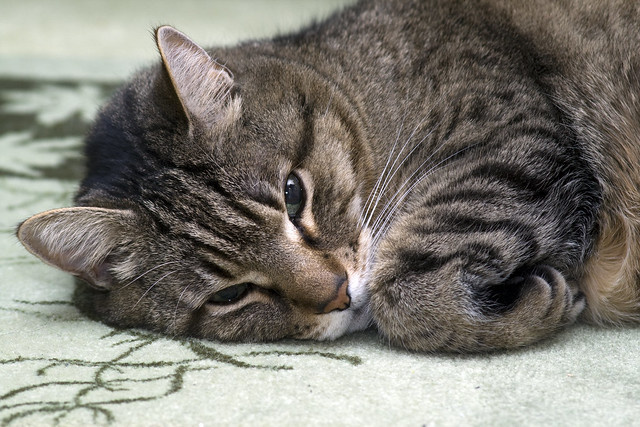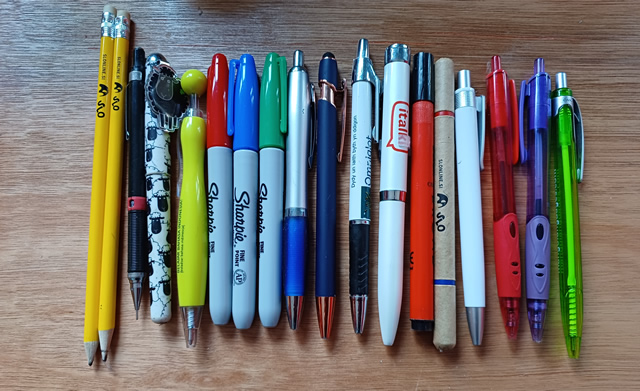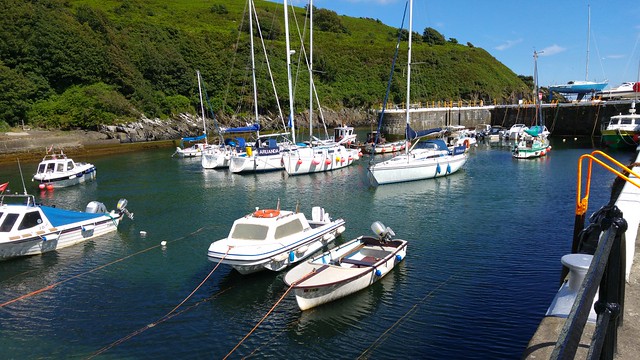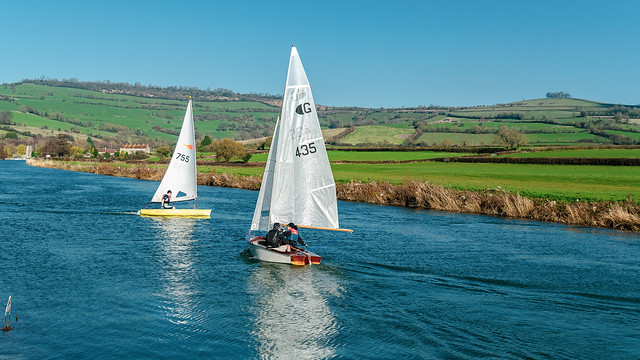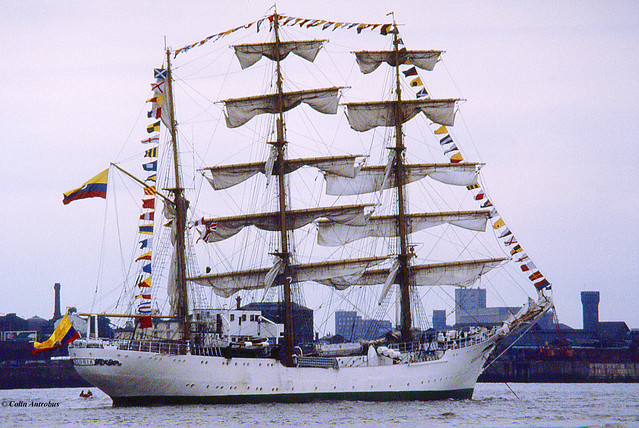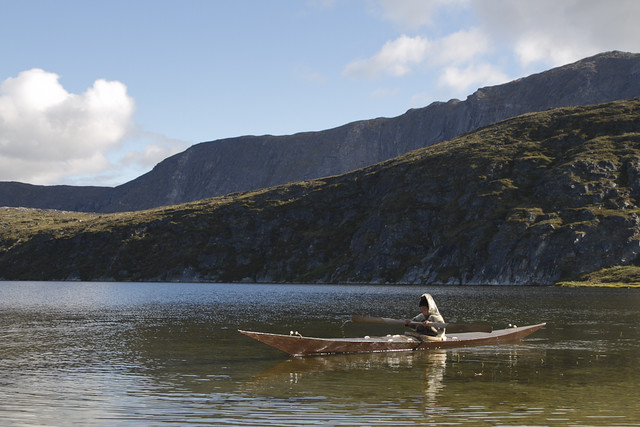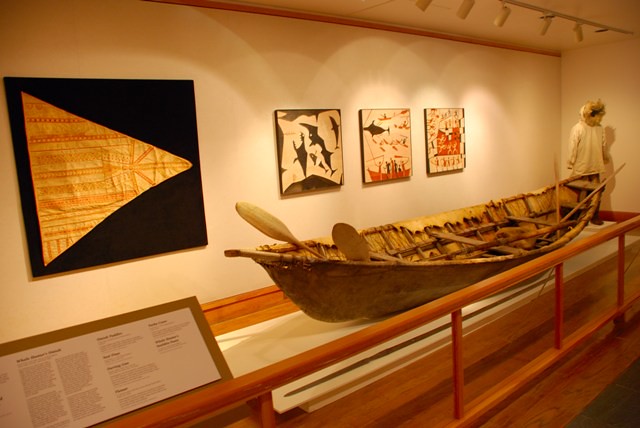The French equivalent of the saying “the straw that broke the camel’s back” or “the last / final straw” is la goutte d’eau qui fait déborder le vase (the drop of water that makes the vase overflow). Which makes as much a sense, and no animals are harmed.
These sayings mean “The final additional small burden that makes the entirety of one’s difficulties unbearable.” The earliest known version in English appears in a debate between Thomas Hobbes and John Bramhall in 1677: ‘the last Feather may be said to break a Horses Back’.
It is thought to be based on the Arabic proverb: اَلْقَشَّة اَلَّتِي قَصَمَت ظَهْر اَلْبِعِير (al-qašša allatī qaṣamat ẓahr al-biʕīr), or “The straw that broke the camel’s back”.
Other versions in English include:
- It is the last straw that overloads the camel (1799)
- It was the last ounce that broke the back of the camel (1832)
- The last straw will break the camel’s back (1836)
- As the last straw breaks the laden camel’s back (1848)
- This final feather broke the camel’s back (1876)
- The straw that broke the donkey’s back
- The last peppercorn breaks the camel’s back
- The melon that broke the monkey’s back
- The feather that broke the camel’s back
- The straw that broke the horse’s back
- The hair that broke the camel’s back
- The last ounce broke the camel’s back
There is also “the last drop makes the cup run over”, and variations on that theme in English.
Versions in quite a few other languages also refer to overflowing cups or other vessels, for example:
- German: der Tropfen, der das Fass zum Überlaufen bringt.
the drop that makes the barrel overflow - Italian: la goccia che fa traboccare il vaso
the drop of water that makes the glass overflow - Russian: ка́пля, перепо́лнившая ча́шу (káplja, perepólnivšaja čášu)
the drop that made the bowl overflow - Turkish: bardağı taşıran son damla
the last drop that makes the glass overflow
There are, however, quite different versions in some languages:
- Scottish Gaelic: théid capall don choille ach brisidh aon uallach a chridhe
the colt will go to the forest, but one burden will break his heart - Welsh: pennog gyda phwn dyrr asgwrn cefn ceffyl
adding a herring to a load break’s a horse’s backbone (not sure of this translation)
Are there interesting equivalents of this saying in other languages?
Sources: https://en.wiktionary.org/wiki/the_straw_that_broke_the_camel%27s_back#English
https://en.wikipedia.org/wiki/Straw_that_broke_the_camel%27s_back
https://geiriaduracademi.org/
https://www.phrases.org.uk/meanings/the-last-straw.html




